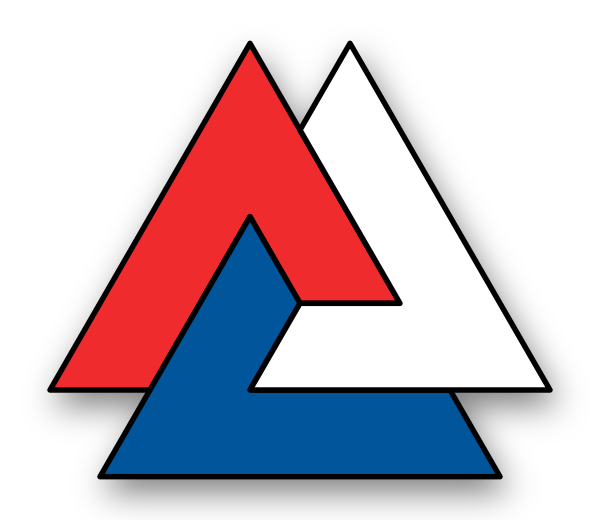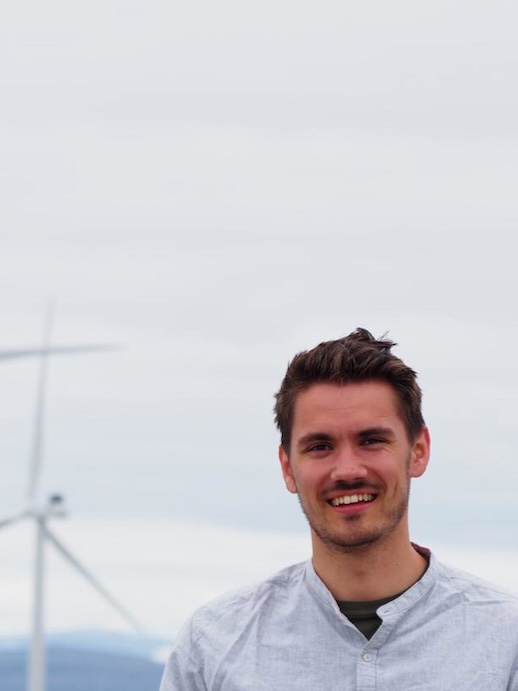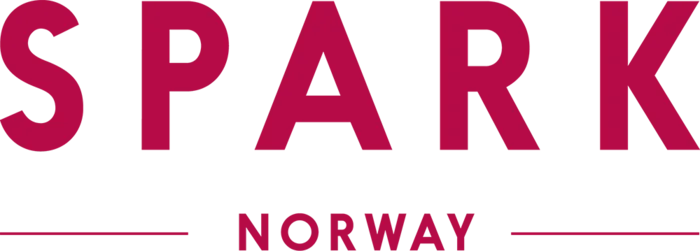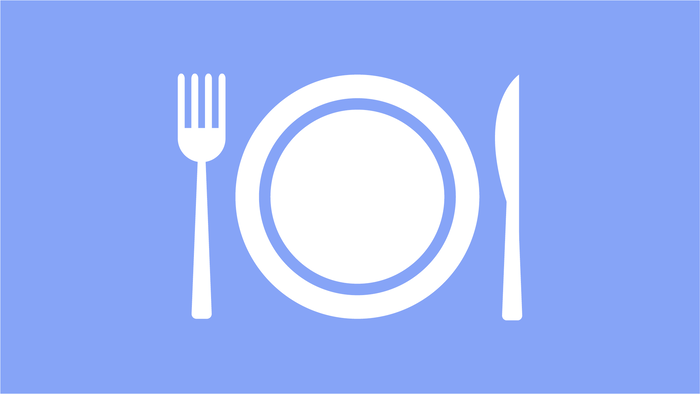Events
Upcoming 5 days
PhD Georgios Kavallieratos will hold his trial lecture at the Department of Technology Systems as part of the recruitment of an associate professor position for Security in Cyberphysical systems.
The AtLAST conference will be held in-person in Mainz, Germany, from 21 to 24 May 2024.
Hvordan samspill mellom det biologiske miljøet og genetiske faktorer påvirker mental helse.
Welcome to our dScience lunch seminar in the Science Library with Hedvig Nordeng.
Doctoral candidate Markus Herberg Hovd at the Department of Pharmacy, Faculty of Mathematics and Natural Sciences, is defending the thesis "Clinical pharmacometrics with diagnostic probes. Non-parametric techniques in pharmacokinetic studies" for the degree of Philosophiae Doctor.
Title: Reduced complexity climate models for robust policy-relevant climate projections
Speaker: Chris Smith, University of Leeds
I will talk about how one can relate intersection theories of Hilbert schemes of points and Fulton-MacPherson compactifications.
Biostatistical seminar with Ksenia Sokolova, Department of Computer Science, Princeton University, USA.
PhD Georgios Kavallieratos will hold his trial lecture at the Department of Technology Systems as part of the recruitment of an associate professor position for Security in Cyberphysical systems.
The AtLAST conference will be held in-person in Mainz, Germany, from 21 to 24 May 2024.
By Dorte Bekkevold, Senior Researcher at National Institute for Aquatic Resources, Technical University of Denmark
Welcome to our GeoHyd Lunch Seminar on Friday 24th of May @ 12:15 in Aud. 1 in the Geology Building, or via videolink using Zoom. The seminar is held by Ugo Nanni (UiO).
Hylleraas seminar, hosted in Tromsø
The scientific program will include invited talks, selected oral contributions from submitted abstracts, and poster presentations, covering the following topics:
- Nuclear level density
- Gamma-ray strength function
- Phase transitions in mesoscopic systems
- Applications in astrophysics and reactor physics
- Other related topics
The 5th Scandinavian Gathering Around Remarkable Discrete Mathematics
Doctoral candidate Aleksander Grochowicz at the Department of Mathematics will be defending the thesis Resilience and weather uncertainty in energy system models. Near-optimal spaces, weather variability and extremes for the degree of Philosophiae Doctor.
By Professor Adriana Sánchez from Universidad del Rosario in Colombia.
In this joint EVOGENE/CEES seminar, professor Adriana Sánchez from Universidad del Rosario in Colombia will give the talk: "Challenges and opportunities in the open ecosystems of Colombia"
Colombia is well-known as the second most biodiverse country in the world. While much research has focused on the tropical rainforests, other ecosystems like the tropical alpine (páramo) and savannas remain relatively understudied. Páramos are neotropical alpine grasslands, located at elevations above 3000 m in the Andean mountain range. They are recognized as one of the fastest-evolving hotspots, characterized by high levels of endemism and over 3500 species of flora. In contrast, the lowland savannas, constituting about 25% of Colombian territory and 30% of its wetlands, have received comparatively less attention in biodiversity studies, despite an estimated 35% of species being endemic to the region. Both grasslands have very different abiotic conditions although fire used to be a common disturbance. This talk aims to introduce both ecosystems, ongoing projects, and potential avenues for future collaborative research.
Further upcoming events
C*-seminar by John Quigg (Arizona State University).
Doctoral candidate Dennis Christensen at the Department of Mathematics will be defending the thesis Zero or One, Up or Down. Statistical Inference for Binary Data with Applications in Sensitivity Analysis of Energetic Materials for the degree of Philosophiae Doctor.
To know your competitive advantages and which part of the market you will enter is key to success. This is what sets your business idea apart from your competition and helps getting the attention from potential investors.
The human oncogene MLL-AF4 induces cell death and aberrant autophagy in the fat body of Drosophila melanogaster
Are you still unsure about what rights retention is and how it works? Join us for this Open Science Lunch and engage in the conversation!

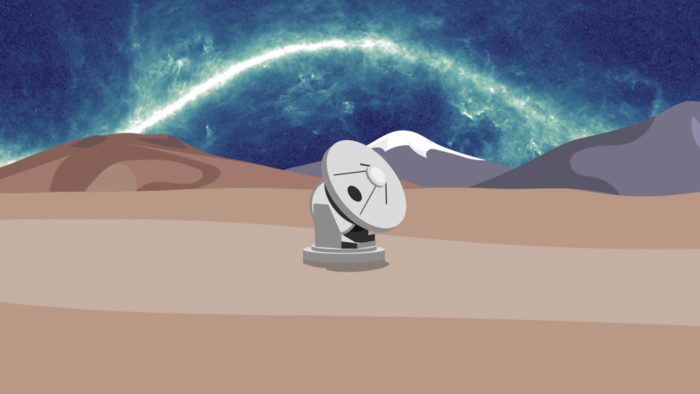
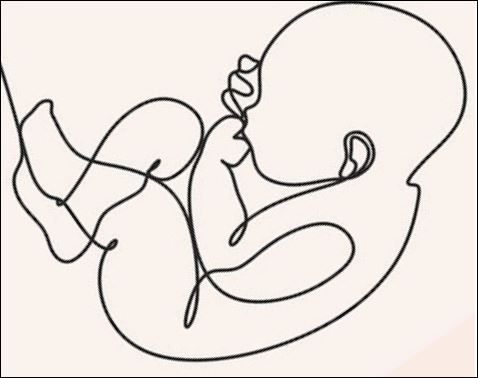
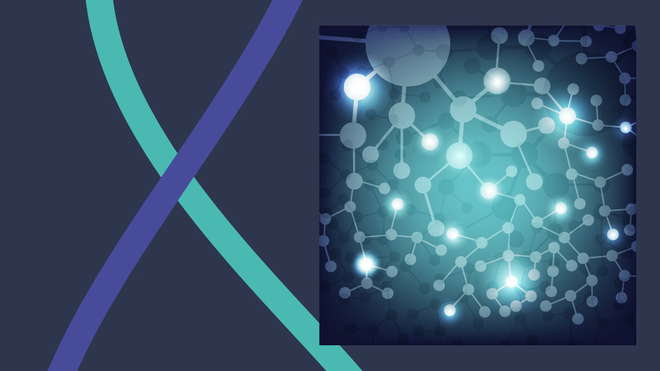
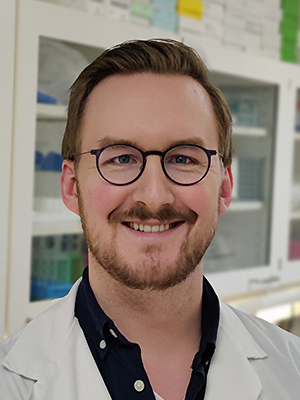
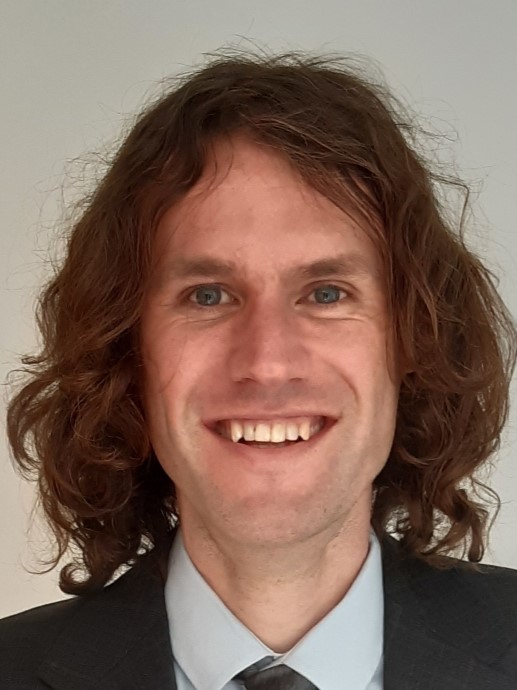

.jpg?alt=listing)

